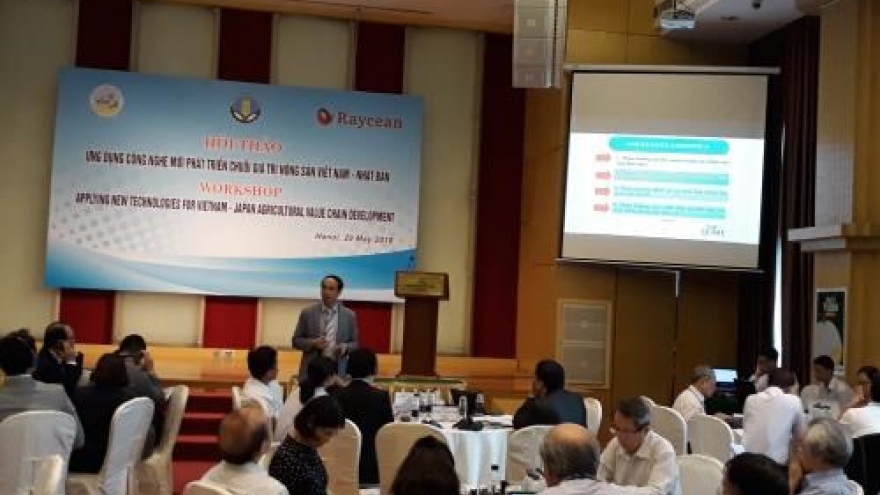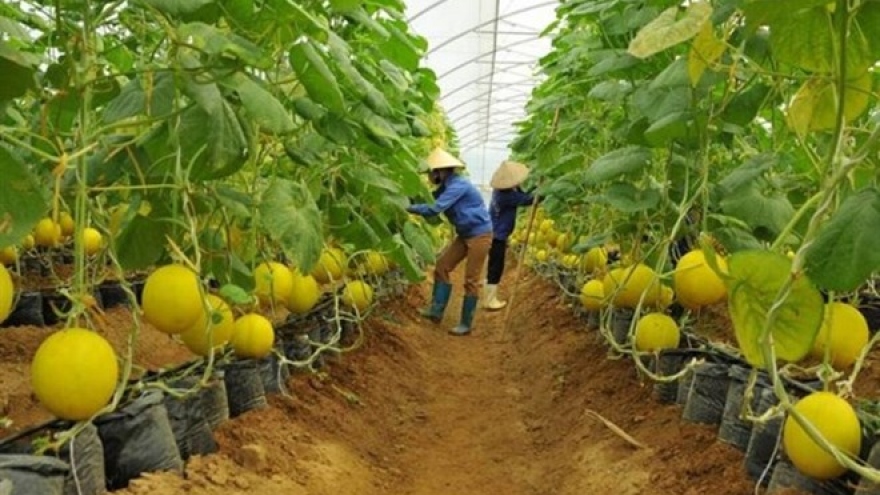Farmers should reduce areas farming shrimp
Farmers should reduce their volumes of shrimp at present to deal with a fall in purchasing price and wait for a recovery in shrimp prices on the world market, according to the Vietnam Association of Seafood Exporters and Producers (VASEP).
 |
The increase in world shrimp production was due to the growth in major suppliers such as India, Ecuador, China, Vietnam and Indonesia. In that situation, importers would create pressure to reduce prices, leading to declines on the global and domestic market, it said.
Truong Dinh Hoe, VASEP’s general secretary, said the global shrimp supply had risen sharply in the first few months of this year, while shrimp inventories in the US and among local businesses remained high.
VASEP reported that the US had a high inventory after US shrimp imports increased by 10 per cent in 2017 and 15 per cent in February this year.
The drop in prices hit not only Vietnam but also other shrimp suppliers such as Ecuador, Thailand and Indonesia, causing problems for many farmers, Hòe said.
Nguyen Thi Hai, a shrimp trader in Binh Dai District, Ben Tre Province, said the price of shrimp dropped by between VND40,000 and VND50,000 per kilo for all sizes to VND130,000 per 30-unit kilo (30 shrimps per kilo), VND110,000 per 40-unit kilo and VND70,000 per 100-unit kilo, compared to the beginning of this year.
With those prices, farmers could break even or make low profits, with some even sustaining losses, according to the association. The situation has forced most farmers to stop shrimp production or reduce the quantity of reared shrimp, waiting for prices to recover in the coming months.
Trinh Duc Huan, a farmer who has produced shrimp for 20 years in Ly Nhon Commune, Can Gio District, HCM City, said this was the first time he had seen such a drop in shrimp prices. Prices were low, but there were no buyers. Even shrimp reared through high technology processes according to VietGap standards like his also faced reduced prices.
At present, the selling price is lower than the production cost, according to Huan. If shrimp production was halted, equipment and machinery would be damaged. He would suffer even higher losses because investment in hi-tech shrimp production stood at VND1 billion per hectare.
Ho Quoc Luc, General Director of Sao Ta Food Joint Stock Company said in fact, the price reduction had been predicted. In 2017, the consumption of shrimp increased on the world market, leading to higher selling prices of shrimp for farmers. As a result, many countries had set a target for growth in areas rearing shrimp, including Vietnam.
In addition, some countries such as Indonesia and Ecuador are harvesting shrimp, leading to higher supply around the world.
Meanwhile, now is not a time of strong shrimp consumption, so businesses do not want to purchase. The suppliers have to accept the low price if they want to sell shrimp, leading to a drop in the export price of shrimp.
According to shrimp processing enterprises, the price of raw materials and exported shrimp decreased from the end of February 2018. Now, shrimp export prices have fallen by 20 per cent compared to the end of 2017 and nobody knows how much the price would fall over the coming months.


